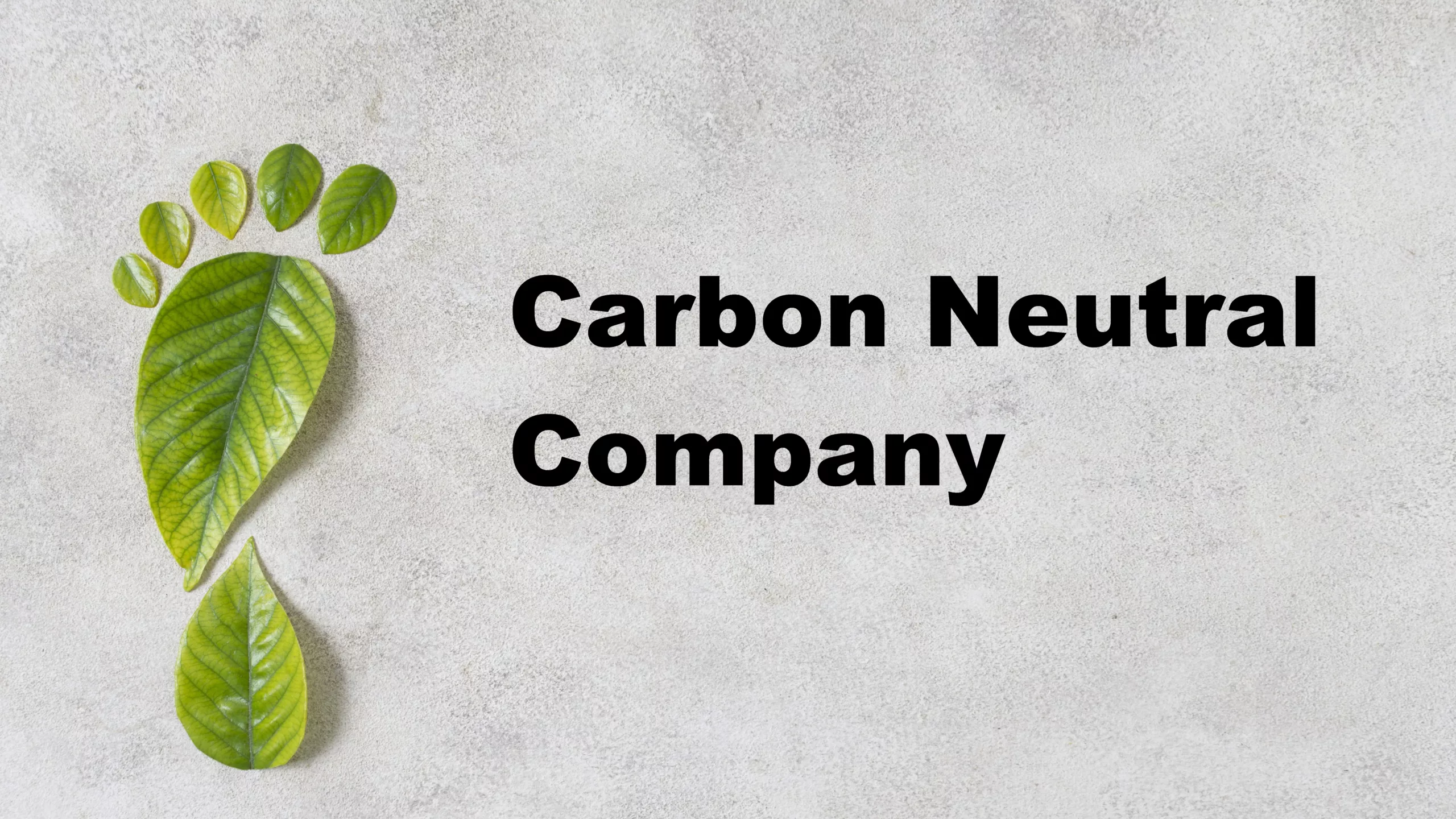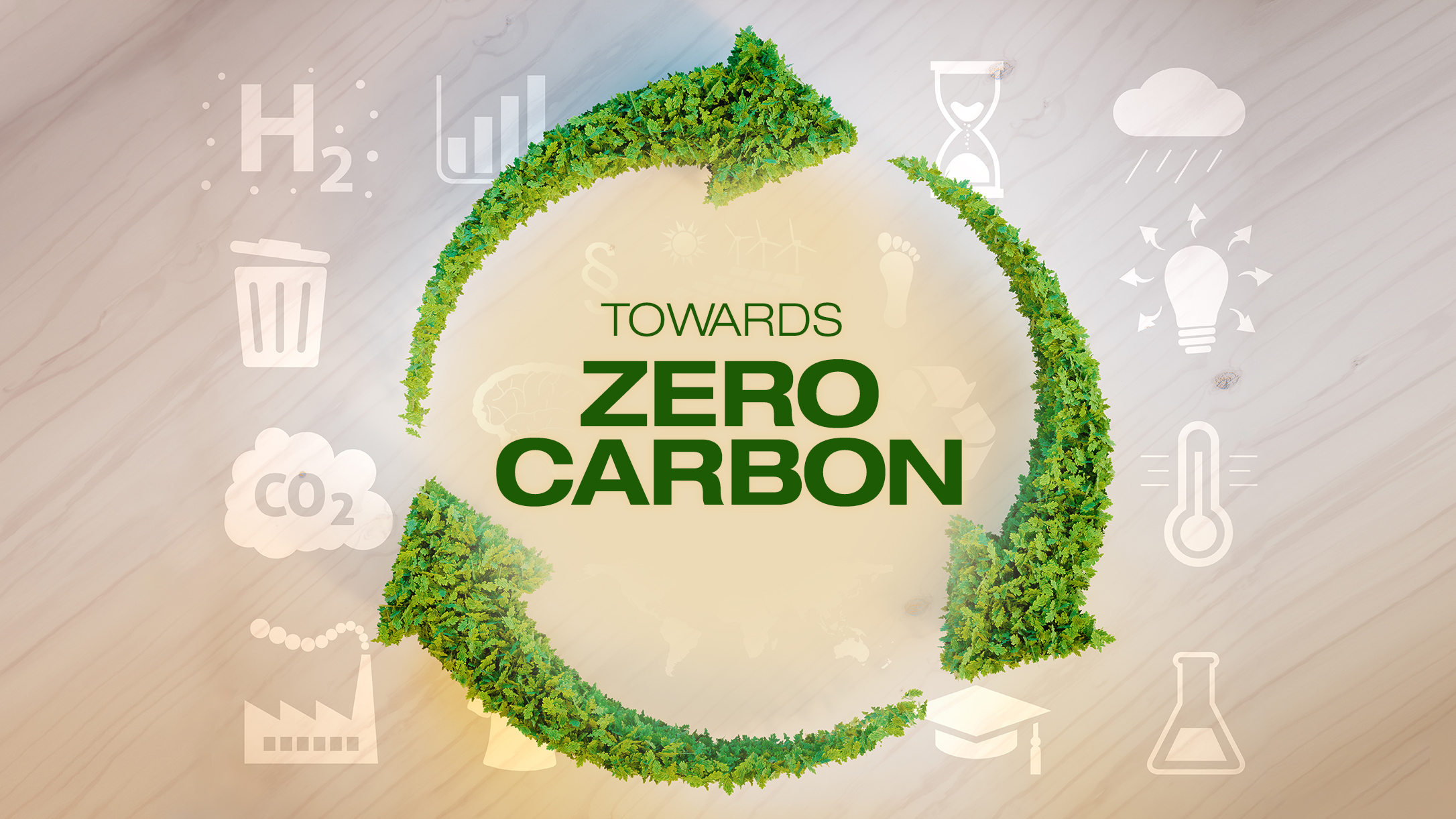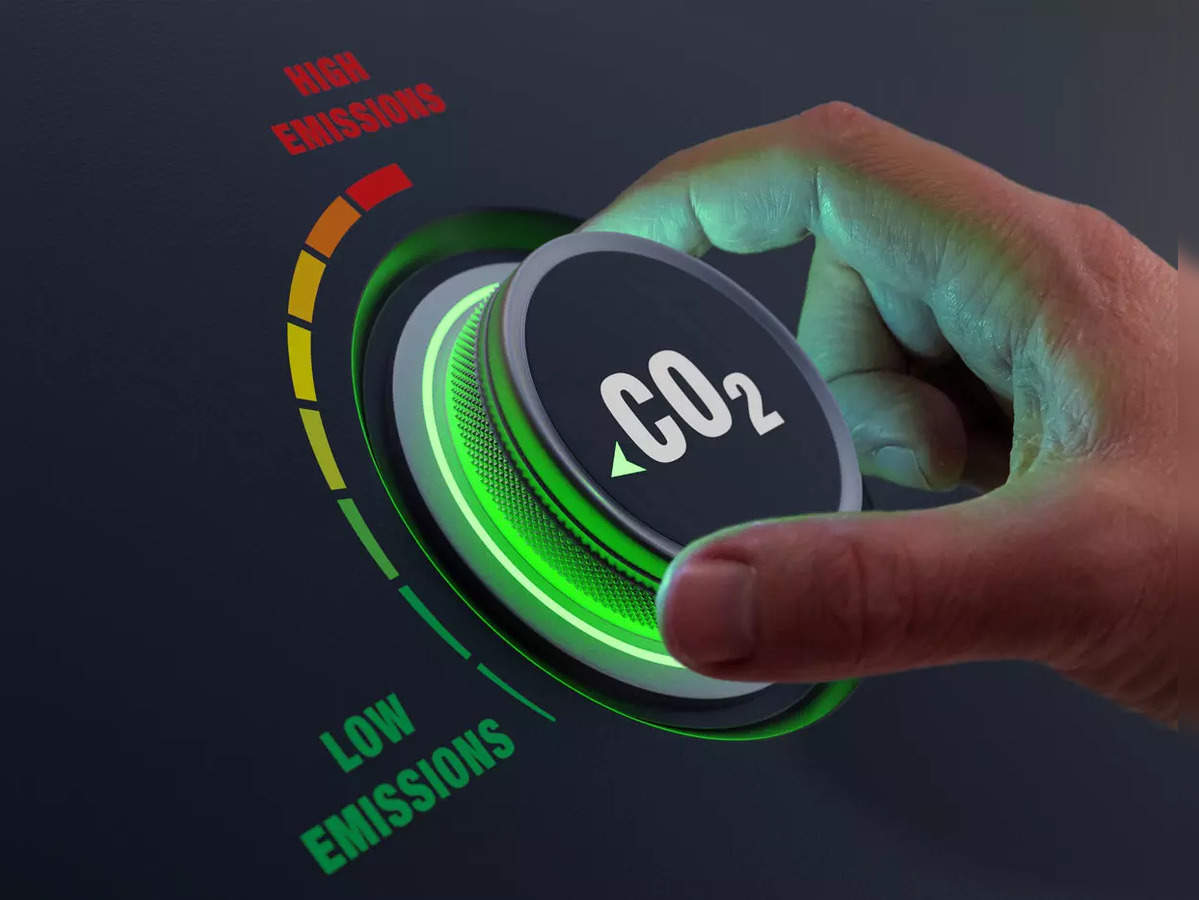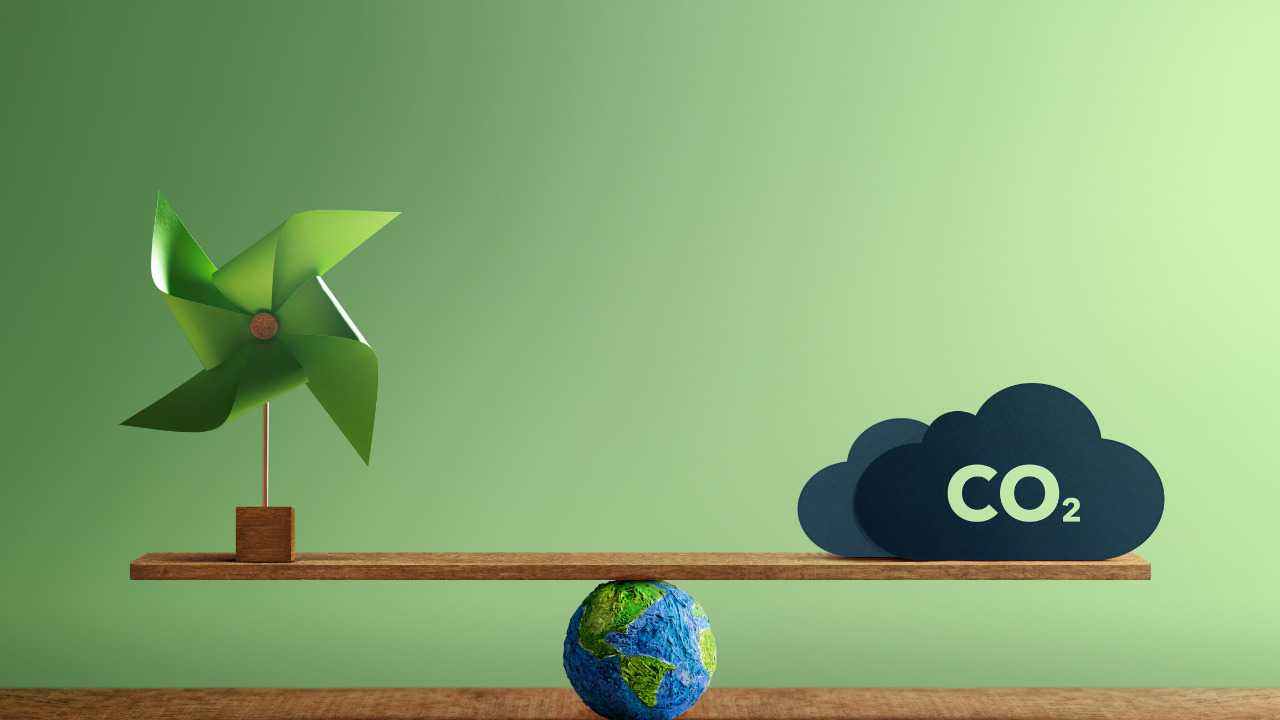Innovative Startups Paving the Way to a Waste-Free, Carbon-Neutral Future 2023

Innovative Startups Paving the Way to a Waste-Free, Carbon-Neutral Future 2023
The urgency of addressing environmental issues, particularly climate change and waste management, has never been more apparent.
As we strive to reduce carbon emissions and minimize the impact of our actions on the planet, innovative startups are emerging as key players in the race towards a waste-free world.

These startups are developing groundbreaking solutions that not only reduce waste but also help in achieving carbon neutrality, a critical milestone in the fight against climate change.
The world’s increasing population, rapid urbanization, and industrial growth have led to a significant rise in waste production. To combat the environmental consequences and to step closer to a waste-free society, many startups are working on innovative solutions to minimize waste and promote carbon neutrality. Their efforts are more important than ever in the current climate crisis scenario.
Before delving into the innovations, let’s understand what carbon neutrality means. Carbon neutrality, or having a net-zero carbon footprint, refers to balancing the amount of emitted greenhouse gases with an equivalent amount sequestered or offset. The ultimate aim is to achieve a zero-carbon emission status to mitigate global warming.

Carbon neutrality, often referred to as net-zero emissions, is the state in which an entity, be it an individual, company, or even a country, balances the amount of carbon dioxide (CO2) emissions it produces with an equivalent amount removed from the atmosphere.
Achieving carbon neutrality is imperative to mitigate the adverse effects of climate change, including rising global temperatures, extreme weather events, and disruptions to ecosystems.
Waste generation, management, and disposal are significant contributors to carbon emissions. The process of producing, transporting, and disposing of waste involves various stages that release greenhouse gases into the atmosphere.
The creation of goods often involves resource-intensive processes that emit CO2. Additionally, the production of packaging materials, such as plastics, contributes to emissions.
The collection and transportation of waste to landfills or incineration facilities require fossil fuels, leading to emissions.

Landfills produce methane, a potent greenhouse gas, as organic waste decomposes anaerobically. Incineration of waste releases CO2 and other pollutants into the air.
While waste-to-energy facilities generate electricity from waste, they still release CO2 and other pollutants, albeit at a lower rate than traditional incineration.
Several startups are actively working on innovative solutions that address waste generation, management, and carbon neutrality simultaneously. These companies are reshaping industries and leading the charge towards a more sustainable future.
Terracycle is a pioneering company that focuses on recycling hard-to-recycle materials, such as cigarette butts and flexible packaging. By collecting and processing these items, Terracycle prevents them from ending up in landfills or oceans, reducing emissions associated with waste disposal.
Carbon Engineering is revolutionizing carbon capture technology. They are developing systems to capture CO2 directly from the atmosphere, which can be used for various purposes, including carbon-neutral fuels production.

Startups like Impossible Foods are creating plant-based alternatives to traditional animal products, reducing the carbon footprint associated with livestock farming.
Renewlogy specializes in converting plastic waste into valuable petrochemicals, reducing the need for fossil fuels while mitigating plastic pollution.
Loop is pioneering the concept of reusable packaging. They partner with major brands to create durable and reusable packaging, reducing the production of single-use plastics and the associated emissions.
CarbonCure is transforming the construction industry by injecting captured CO2 into concrete, not only sequestering carbon but also improving the material’s performance.
By tackling waste at various stages of its life cycle, these startups significantly reduce greenhouse gas emissions.
Many startups promote the efficient use of resources, contributing to a circular economy where materials are reused, recycled, or repurposed.

These companies create jobs and economic opportunities in the growing sustainability sector.
Startups also play a crucial role in raising consumer awareness about sustainable choices, leading to broader changes in behavior.
Landfills are overflowing, oceans are choked with plastic, and the atmosphere is saturated with greenhouse gases. The statistics are staggering: the World Bank estimates that global solid waste generation will exceed 3.4 billion tonnes by 2050.
Although these innovations hold promise, they also face challenges. These include:
– High initial costs.
– Resistance to change from established industries.
– The need for broader infrastructure support.
However, as technology advances and the urgency of the climate crisis becomes more apparent, these barriers are gradually being overcome.
The surge in startups focusing on waste reduction and carbon neutrality signals a shift in the global mindset. Investors, consumers, and regulators are increasingly recognizing the importance of sustainability, and startups are leading the way in making this vision a reality.

The battle against climate change and waste pollution requires innovative solutions, and startups are leading the way in developing technologies and strategies that contribute to carbon neutrality while minimizing waste.
Their pioneering efforts not only reduce emissions but also serve as inspirations for established industries to follow suit.
As we continue to support and invest in these startups, we move one step closer to a waste-free world and a more sustainable future for all.

The journey towards a waste-free world and carbon neutrality is complex, but with the innovative solutions offered by startups, there is hope.
While challenges exist, the combined efforts of businesses, governments, and individuals can pave the way for a greener and more sustainable future. The goal is clear: to leave a healthier planet for future generations.




